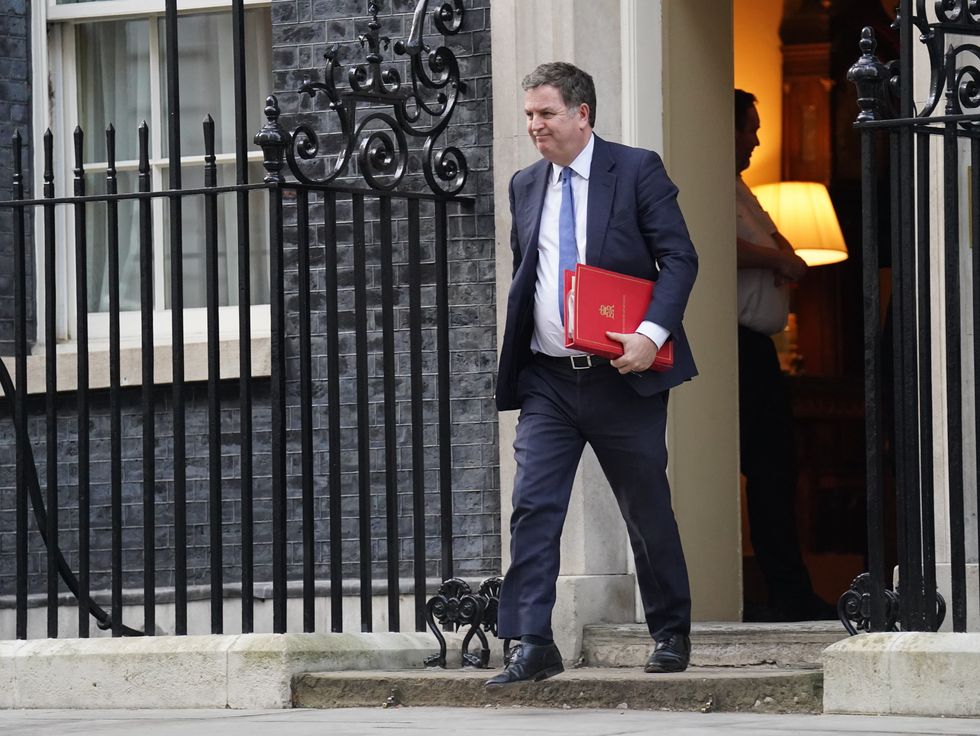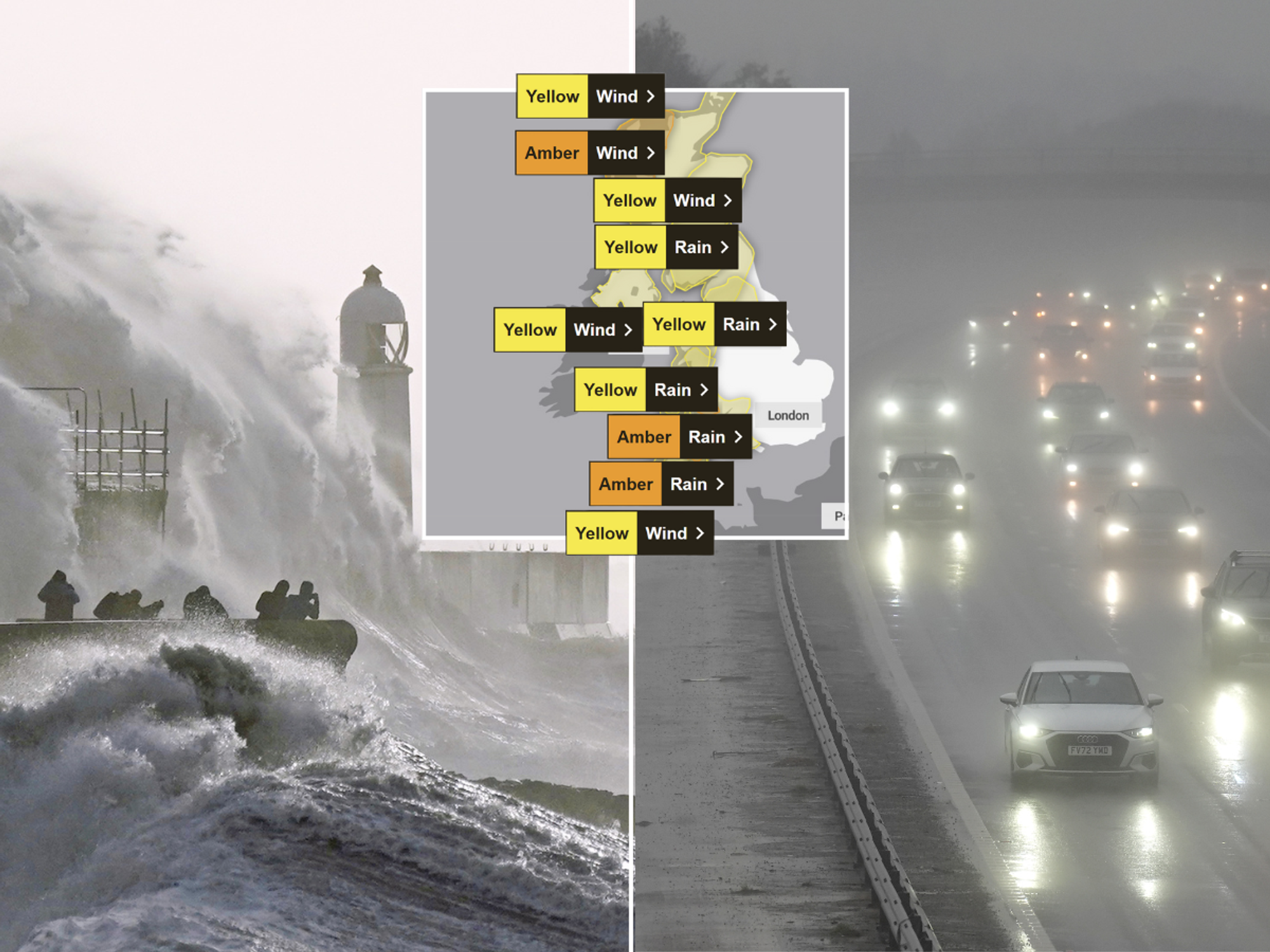State pension age recommended for shock increase in order to cut Treasury expenditure

An independent report on state pension age recommends that state pension spending should be capped at six per cent
|Pexels

An Independent report recommends a limit on state pension spending
Don't Miss
Most Read
Latest
Britons born after 1979 will have to wait until they are 69 to claim their state pension under proposals to cut Treasury spending.
An independent report on state pension age - by Baroness Lucy Neville-Rolfe - recommended that state pension spending should be capped at six per cent gross domestic product.
It currently accounts for 4.8 per cent of GDP but is set to increase to 8.1 per cent in 50 years.
The report found that a six per cent cap would mean that the retirement age would need to rise to 69 between 2046 and 2048.

Work and Pensions Secretary Mel Stride told MPs the accelerated increase had been abandoned amid a fall in life expectancy
|PA
Former pensions minister Sir Steve Webb, who is now partner at the consultancy LCP, condemned the move as “draconian” and said it would pave the way for a state pension age of over 70 for younger workers.
“This would mean a rapid increase in pension ages, including a rise to 69 before the end of the 2040s,” he told The Telegraph.
“This would be a draconian shift in policy which would be likely to mean today’s younger workers facing a pension age of 70 or above.”
He added that the Government would need to choose between keeping its controversial triple lock policy or a surging state pension age.
The triple lock system means that state pension increases every April in line with the highest of the previous September’s inflation, wage growth or 2.5 per cent.
The upcoming 10.1 per cent rise will boost state pension payments to £10,600 per year – costing the Government an extra £11billion.
Webb said: “If the Government were to implement a cap at six per cent of national income, to afford the change we would have either a rapidly rising pension age or a less generous pension.
“But the report has outlined the six per cent cap purely in terms of a state pension age rise, without reference to the triple lock – I assume because we are 18 months out from a general election.”
He added: “If the Government really did try to stick at six per cent, when the projection would otherwise be eight per cent, that is huge. They would have to introduce a pension age starting with a seven."
The report, which was published on Thursday, recommended that the Government should look at an “early access scheme” for Britons who have previously worked physically demanding roles over several years.

The upcoming 10.1 per cent rise will boost state pension payments to £10,600 per year
|PA
It said the scheme should also include workers who joined the labour market straight after school instead of going to university, as long as they have made national insurance contributions for at least 45 years.
The current state pension age is 66 but will rise to 67.
Ministers had been considering plans to advance the rise by around a decade to the mid-2030s, but these were scrapped on Thursday.
Work and Pensions Secretary Mel Stride told MPs the accelerated increase had been abandoned amid a fall in life expectancy.
The Government said there was significant uncertainty around the application of the recommended six per cent limit, referencing forecasts of both the size of the economy and cost of state pension spending over the long term.
It said it recognised that such a cap, if met through state pension age rises, could lead to “a number of rises in state pension age, disproportionately impacting those with lower life expectancies”, adding that “these impacts should be considered more fully”.










